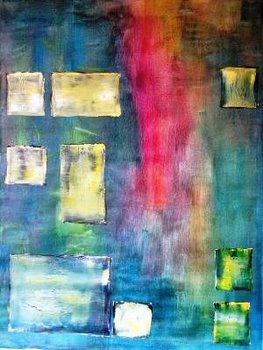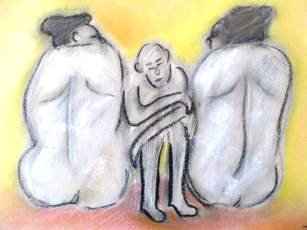The Da Vinci Windfall
One really has to wonder about the trial in London over Dan Brown's book. Presumably the lawyers for the authors of The Holy Blood and the Holy Grail informed their clients that to win the case they would have to point to passages in Dan Brown's book that had been directly copied from their book. The law is clear on this: you can't make a case for copyright when someone has simply stolen your ideas.
I have read both books and I can't say that any passages - word for word - match. Where is the plagiarism? How did the plaintiffs get so far in thinking that they had a valid case to take to court? Let's remember one thing here: Random House publishes both books.
I notice that the publicity has created a windfall - sales of the Holy Blood and the Holy Grail have boomed, reportedly from 350 copies a week to 3,500. It seems that everyone benefits. Is this a real case? Or is it some clever marketing trick?
What a great way to resurrect a bestseller from the past and get some more mileage out of it. Or am I being too cynical here? I would love to see these questions answered by the head of Random house. What kind of meetings did they have before the trial began? Did all sides talk amongst themselves before deciding to go to trial? Whose side is Random House on? They have interests on both sides, surely.











































1 comment:
You are precisely right that ideas cannot be copyrighted. That, along with the fact that both books are published by Random House, does make it appear to be a publicity stunt. It would certainly spurs sales for both books.
Post a Comment